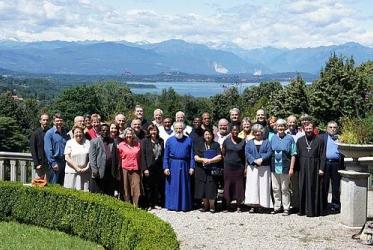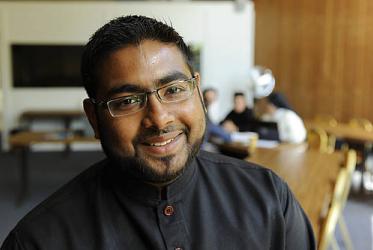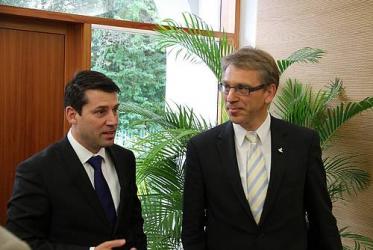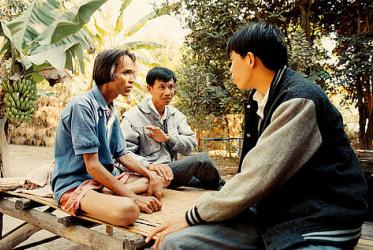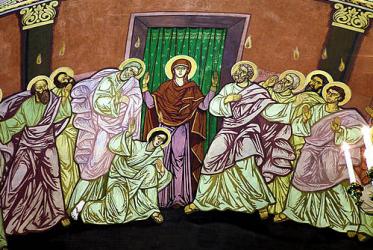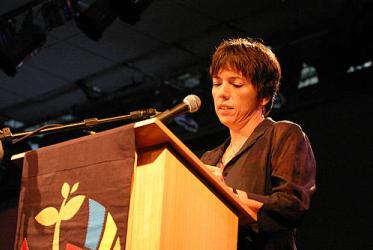Displaying 1841 - 1860 of 2321
25 July 2011
Tveit meets leadership of Swiss Protestant churches
01 July 2011
WCC's HIV work reaches quarter-century mark
30 June 2011
Kirchentag points to gospel values of "just peace"
01 June 2011
WCC general secretary visits Korea
10 March 2011
Scholars study WCC in 1960s and ’70s
09 March 2011
Unity beyond moral dissent
25 February 2011
WCC Central Committee focuses on peace and justice
25 February 2011
WCC calls governments for implementation of water as human right
22 February 2011
2013 Assembly theme: “God of life, lead us to justice and peace”
21 February 2011
